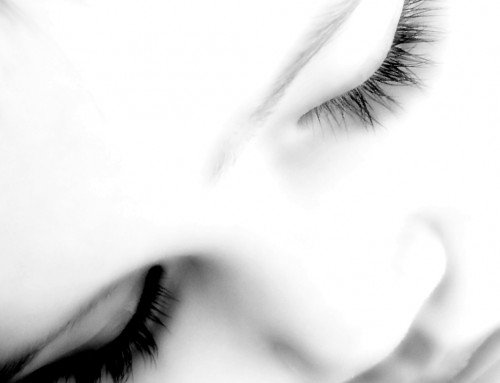Excerpted from a recent newsletter by The Center for Advancement in Cancer Education comes the following article:
Don’t believe the myth that the sun is dangerous and that sunscreen is protective! There is little scientific evidence to justify the many health campaigns that urge you to avoid unprotected sun exposure. The potential of natural sunlight to harm you has been greatly blown out of proportion by doctors, health officials, and sunscreen manufacturers, all of whom would have you believe that you need to stay out of the sun because the sun will hurt you. This simply isn’t true. In fact, numerous studies show that the sun is healthy for you, and that appropriate sun exposure could actually save your life!
Moderate sun exposure to the right kind of sun rays is the key. Ultraviolet light from the sun comes in two main wavelengths — UVA and UVB. UVA is dangerous because it penetrates the skin more deeply and causes more free radical damage, and these rays are quite constant during all daylight hours throughout the entire year. UVB is the healthful wavelength that is especially high at midday (so forget those warnings to avoid the noon sun!) UVB exposure helps your skin produce vitamin D.
Wearing a sunscreen on your uncovered skin blocks your body’s production of vitamin D by as much as 99.9%. And this may have dire health consequences. Vitamin D (really more of a hormone than a vitamin) plays a crucial role in our overall health. Not only does vitamin D help support cardiovascular health, promote optimal cholesterol levels, enhance muscle strength, produce optimal blood pressure levels, maintain a healthy immune system, support healthy kidney function, promote healthy teeth, and strengthen our bones, but it can also prevent many forms of cancer! Including skin cancer.
It is true that long-term, excessive exposure to sunlight can increase the risk of certain types of skin cancer. But moderate sun exposure is less dangerous than sporadic intense sunburn, and several studies have confirmed that appropriate sun exposure actually helps prevent skin cancer. There’s a good deal of evidence that sun exposure without sunburn significantly decreases the risk of developing melanoma (the most deadly form of skin cancer). Melanoma is actually more common among indoor workers than outdoor workers, and it is more common on regions of the body that are not exposed to the sun at all. UVB radiation has been found to delay the appearance of melanoma if one is genetically predisposed to skin cancer. Bottom line, melanoma risk can be increased by lack of exposure to sunshine and long-term exposure to indoor fluorescent lighting.
One study actually revealed that patients already diagnosed with melanoma who had higher levels of sun exposure (without burning) were less likely to die than other melanoma patients, and were prone to a less aggressive tumor type. An Italianstudy, published in the European Journal of Cancer in June 2008, confirms and supports earlier studies showing improved survival rates in melanoma patients who were exposed to sunlight more frequently in the period before their melanoma was diagnosed.
Moreover, sunlight exposure has also been shown to protect against as many as sixteen different types of cancer, including breast, colon, endometrial, esophageal, ovarian, bladder, gallbladder, gastric, pancreatic, prostate, rectal, and renal cancers, as well as non-Hodgkin’s lymphoma.
And, although you can get vitamin D from food sources and nutritional supplements, natural sunlight is by far the best way to get your vitamin D. As soon as the sun’s ultraviolet rays strike your skin, your body starts producing its own natural vitamin D in its most active form — calciferol (vitamin D3). Vitamin D3 is actually the precise form your body needs for the proper functioning of your organs and cells. And, our bodies automatically generate enough of it with virtually no risk of overdose when given appropriate sun exposure. Whereas, if you are obtaining your vitamin D strictly from oral supplements, you could get more than needed adding up to a toxic dose range. Be sure to get your Vitamin D levels checked by your doctor.
The bottom line is that the body needs some unprotected sun exposure. The known risks for getting skin cancer increase in relationship to sunburn frequency and severity. Limiting excessive sun exposure is smart, wearing protective clothing when outdoors in the sun for long periods of time, and using sunscreen can also help reduce the risk of skin cancer and other harmful effects of the sun.
There are also simple lifestyle changes you can make to radically decrease your risk of sunburn, such as increasing raw vegetables that are loaded with skin protecting antioxidants and phytonutrients, avoid processed foods, sodas and sugars, and drink plenty of pure water!
Support the Center for Advancement of Cancer Education with your order for their Book of the Month:





